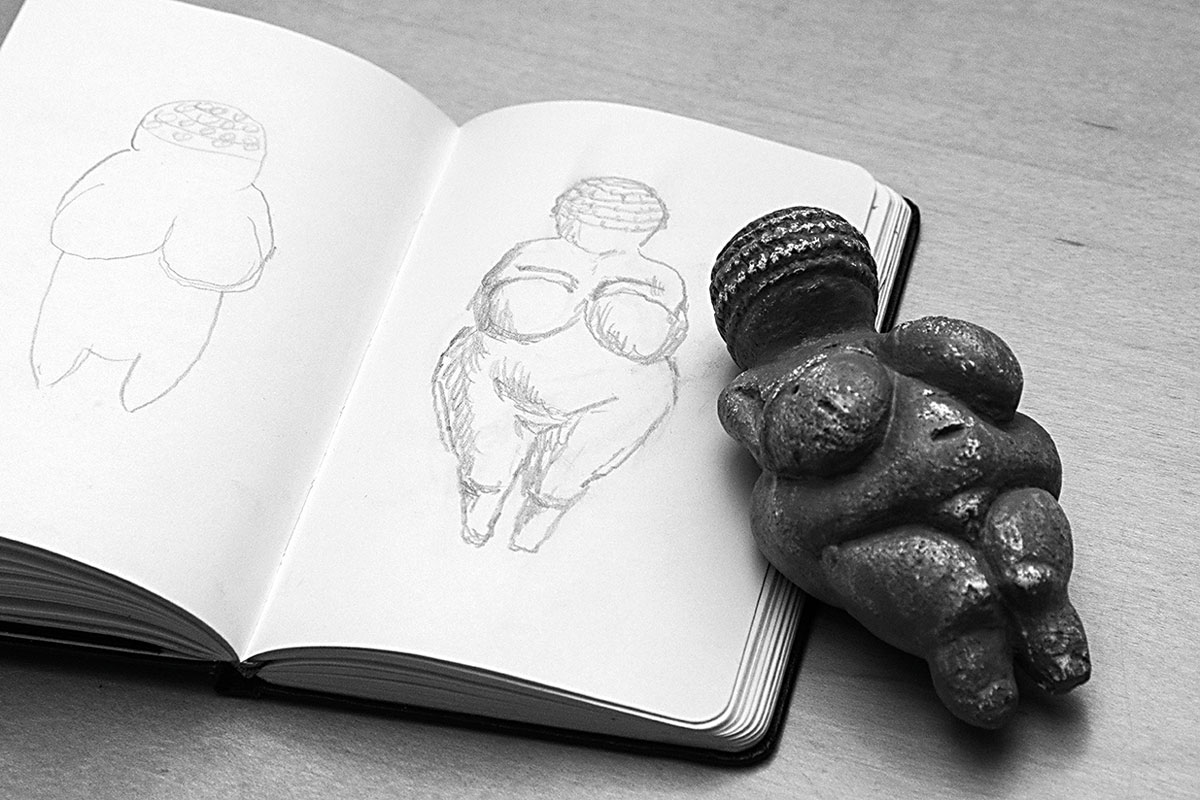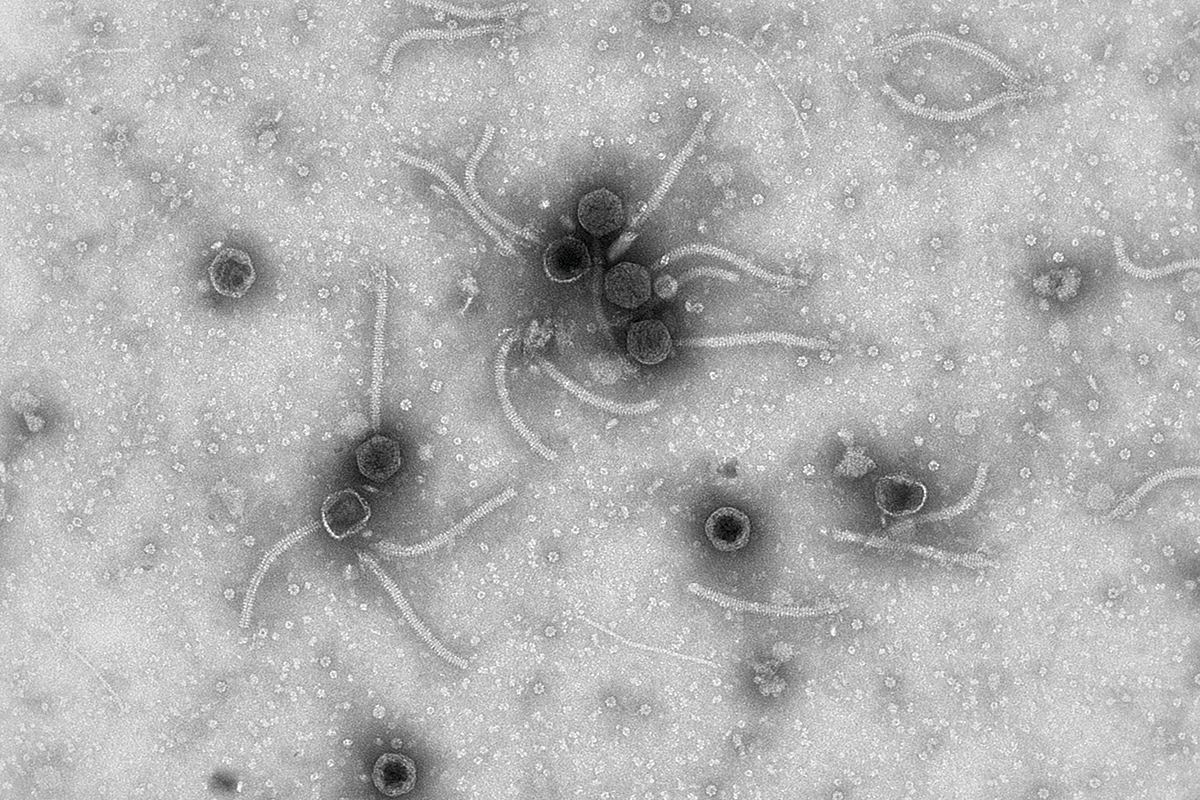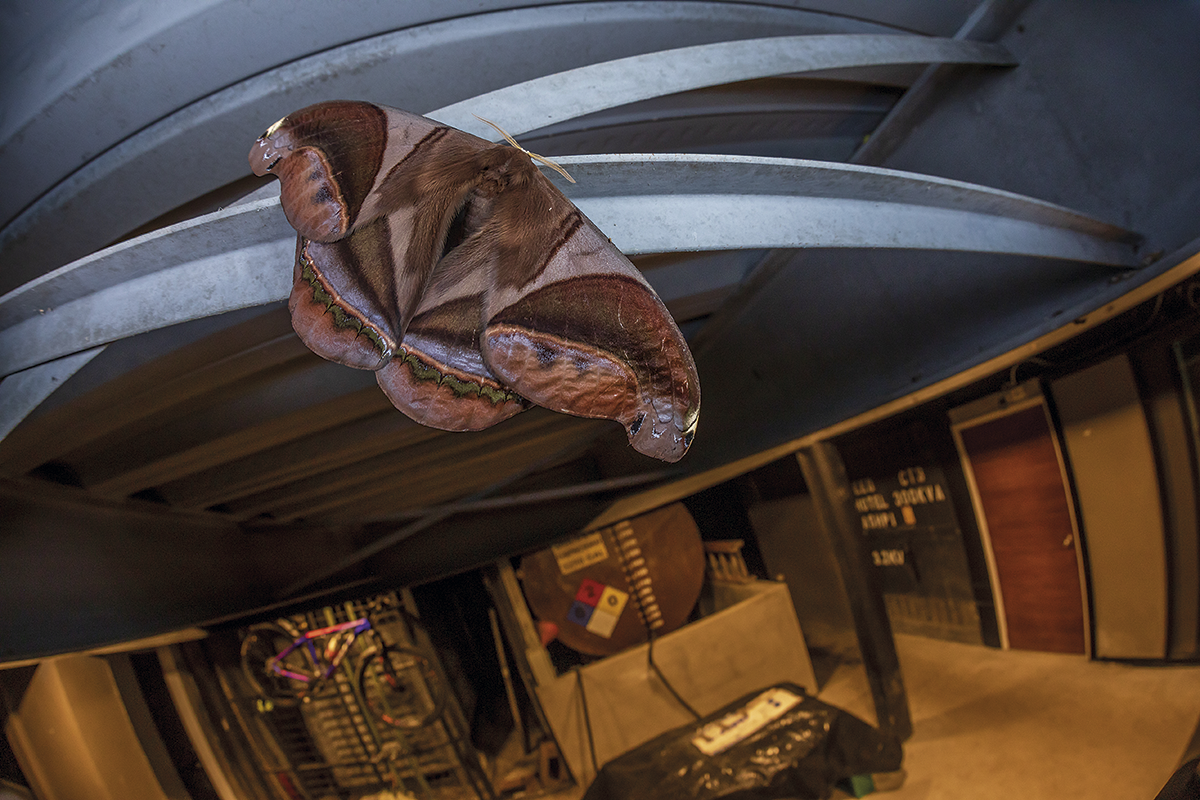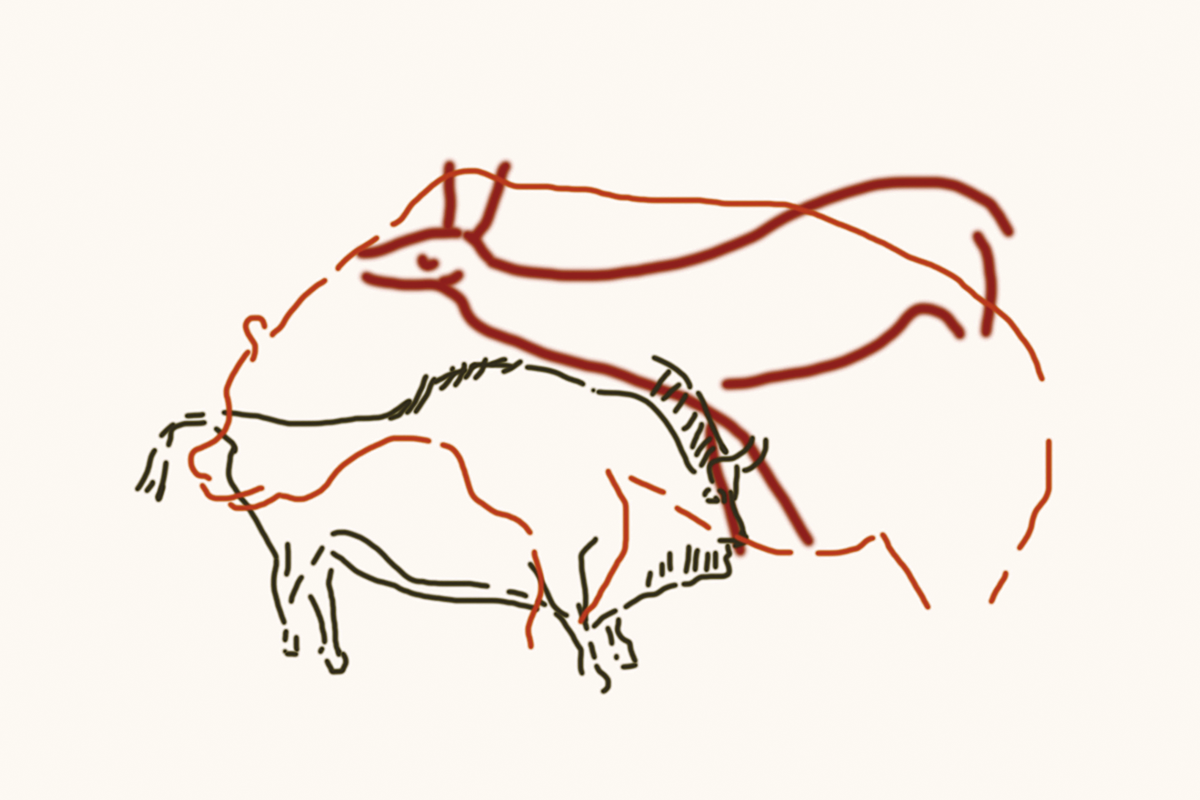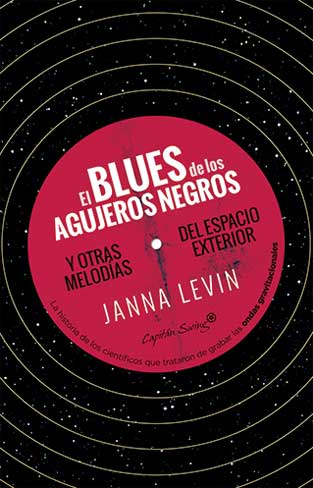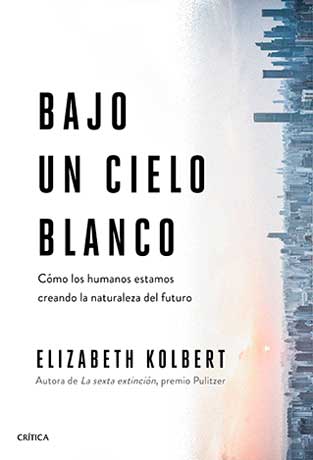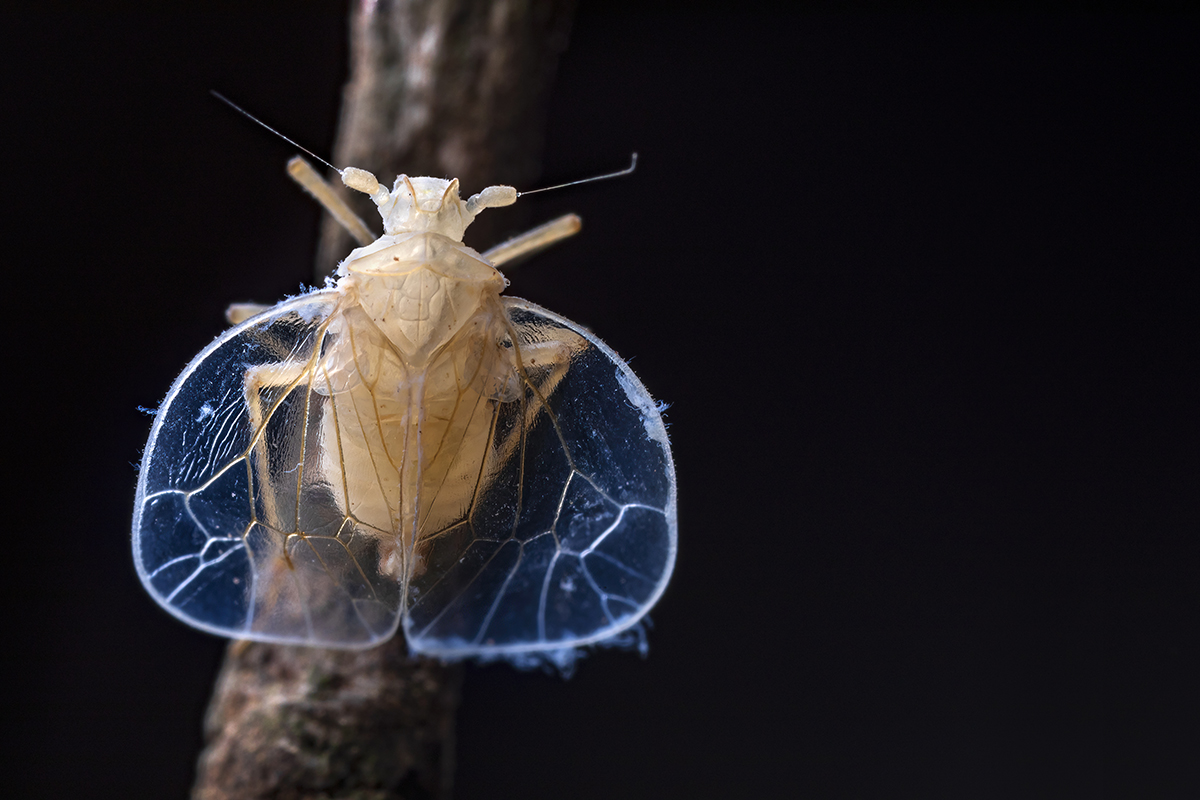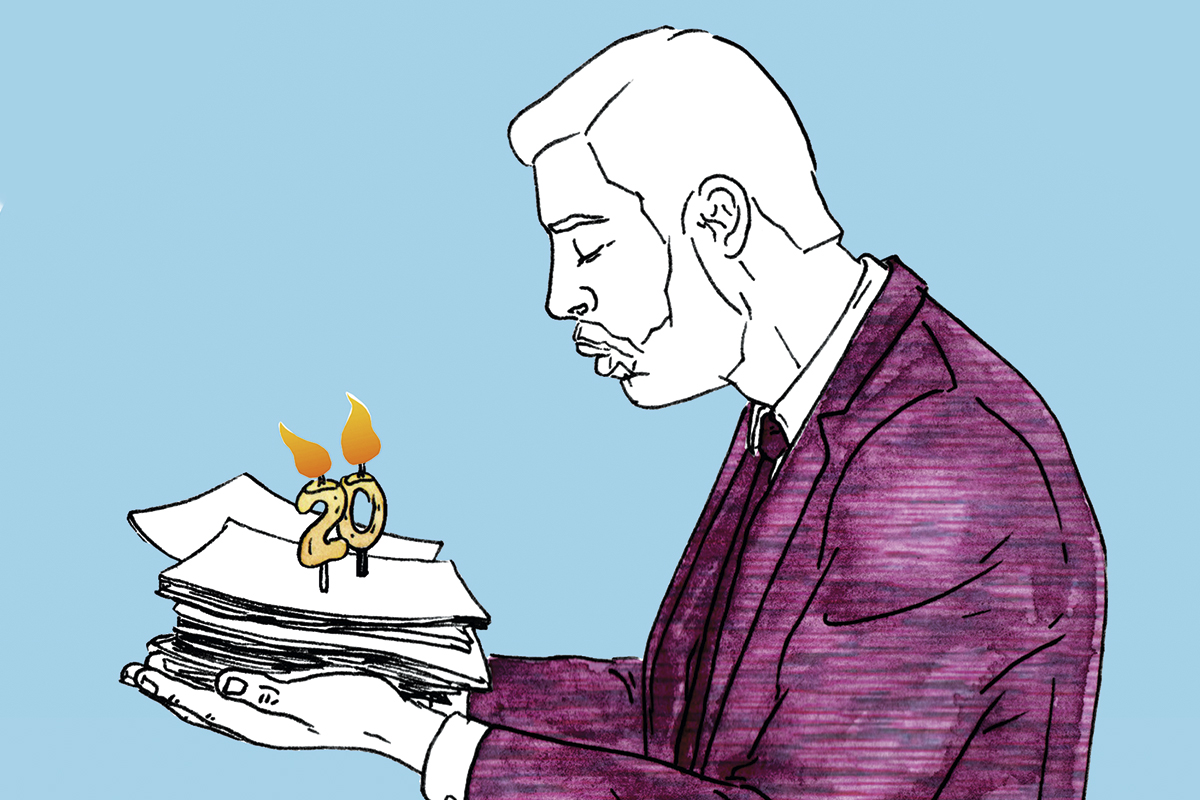Search
Genetics and language are closely connected. Some genes in humans have been essential for the development of complex language.
We can find many physics and biology errors in Star Wars, but let's take a look at ecology.
When we are having a conversation, walking together, or simply sitting next to someone else, our postures and movements are coordinated.
Tactile memory allows us to create images in our brain thanks to the relative positions of fingers and hands.
The use of phages in biomedicine can address the problem of multi-resistant bacteria. However, there are some weak points we must overcome before using them in clinical practice.
We talk to Nalini Nadkarni, professor of biology at the University of Utah, focusing on researching, communicating, and doing activism in defence of forests.
Today stupid signatures abound. Millions of identifiable, expendable authors clutter the web. What is truly important is not to sign, but to do relevant things well.
Poliomyelitis cases have increased globally in the last year. The oral polio vaccine is very effective and acts on the first line of defence.
Our empathy for other organisms decreases the further they are removed from us on the tree of life. Photography can change this perception.
We cannot assume that our Palaeolithic ancestors possessed cognitive capacities typical of the modern mind.
Review of «Black hole blues and other songs from outer space», by Janna Levin. The astrophysicist explains the story of the gravitational wave detection project LIGO.
Review of «Under a white sky», where Elizabeth Kolbert takes a look at global warming and climate change and discusses potential solutions.
Gattaca's message should be reconsidered as a defence of the possibility to create superior post-humans through genetic engineering.
Stories about the future, and about the humans living in the future, stem from our awareness of our own limitations and all that which we may never be.
Human enhancement through genome editing is one of the goals of transhumanism, but its implementation might generate important discriminations.
Scientific advances have, for the first time, presented plausible genetic interventions for the directed evolution of humans.
Current biotechnology is transforming what we understand as human. This article explores some of these technologies and their social, ethical, and philosophical implications.
This monograph explores transhumanism and provides arguments to participate in what might very well be the most important debate in our history.
Technology is addictive. Carme Torras Genís (Barcelona, 1956) remarked this in one of her lectures, in which she usually warns of the need for an ethical perspective in robot design.
The world of mental illness is rife with enemies, so the Valencian Regional Government is developing a citizen convention on mental health.
A few weeks back, we suffered a bot attack on Mètode's website which, fortunately, was swiftly resolved. As a precaution, we restricted access for a few hours. To access the
The description of the «Valencian wood fairy» or Valenciolenda fadaforesta (Hoch & Sendra), a new species and genus, was recently published.
CRISPR has inspired many pages of bioethics and very few on epistemology.
On 8 October, 2001, Pere Estupinyà started his career as a science communicator. He remembers the journey in this article.




